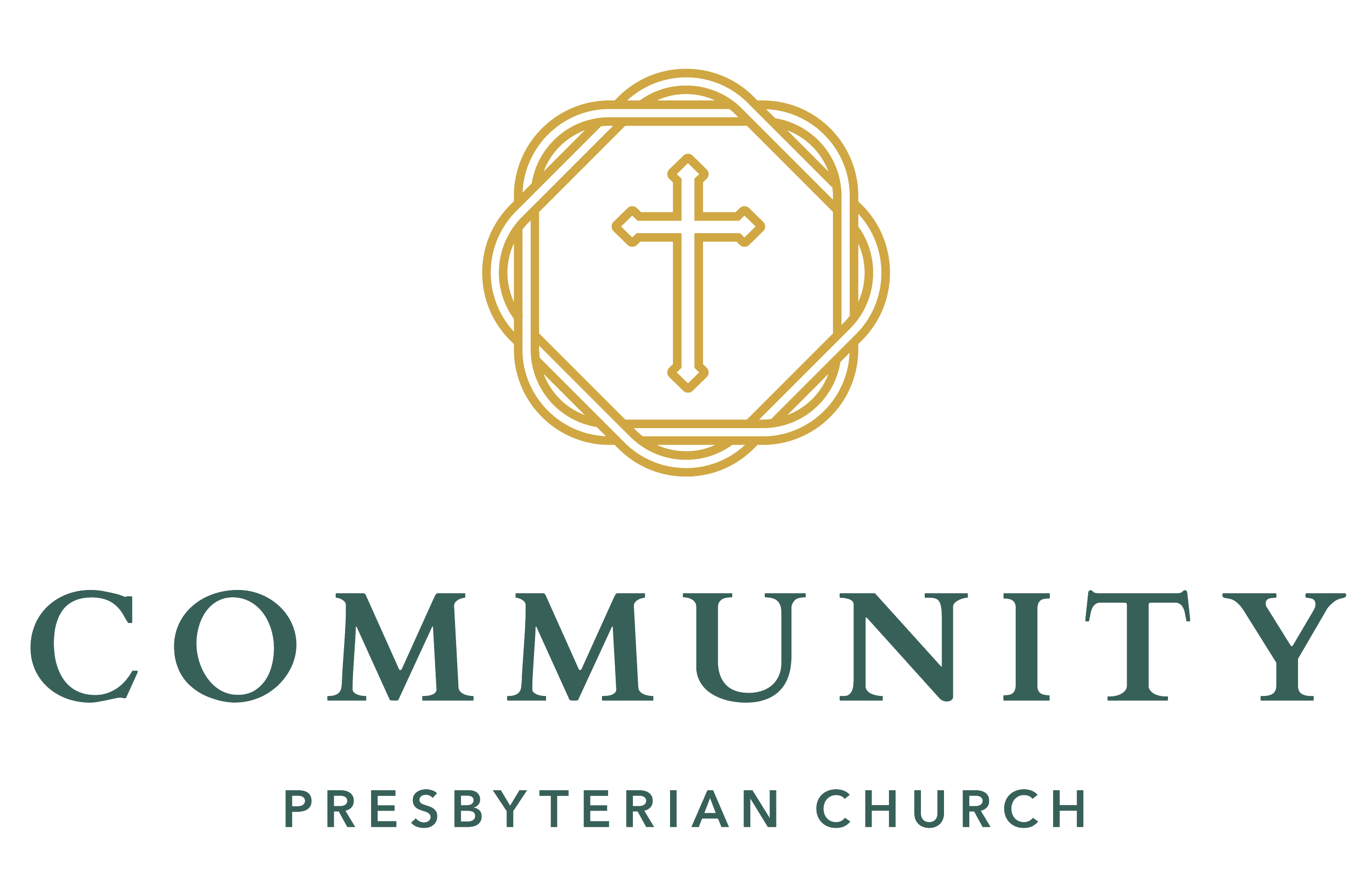When Disaster Comes
In Amos 3:6 we are prompted with this rhetorical question: “Does disaster come to a city unless the Lord has done it?” The implied—and, to the prophet, quite obvious—answer is, “Of course not!” No evil can befall a people unless the Lord sends it. “I form light and create darkness,” God says. “I make well-being and create calamity; I am the LORD, who does all these things” (Isaiah 45:7). Of course, this does not mean that God authors evil, as though it could have originated within the creativity of His own being. But to suggest that He does not control and command evil is blasphemous.
While we sometimes want to shy away from crediting disasters to the work of God, embracing that reality offers sweet comfort. It teaches us that God is really and truly sovereign. If something like a worldwide pandemic, or state-wide political and civic upheaval, is beyond the scope of God’s control, then all hope is lost. Then it really is time to despair and panic. But to know that even disaster comes from the hand of God—specifically, a God who promises to work all things for our good—brings a sweet relief.
Relief is not the only thing it should bring. According to Amos, the point of telling the people that the Lord brings the disaster is meant to bring repentance. Calamities are God’s blaring wakeup call to an impenitent world and, even more specifically, to a backsliding, recalcitrant, and complacent church. In the context of Amos, the disaster that is coming is coming upon the people of Israel: “You only have I known of all the families of the earth; therefore I will punish you for all your iniquities” (v. 2).
Peter has this in mind when he writes, “For it is time for judgment to begin at the household of God” (1 Peter 4:17). For us, disasters of any kind should cause us to examine our hearts, repent of sin, and seek the Lord’s mercy anew in Christ. Now is not the time to say, “Well, this didn’t happen because of a sin that I committed!” That’s not the point. The point is that these temporal judgments are the precursor to the Day of Judgment, and thought of that day should always buckle our knees in contrition.
In this way, God sends disaster upon our cities as a gracious gift for the church. How can I say that? Simply because anything that causes us to turn back to Christ and find our security in Him is a gift. Spurgeon has famously said, “I have learned to kiss the wave that throws me against the Rock of Ages.” The judgment of God that has begun upon the church has a very different purpose than the judgment that awaits the world on the Last Day. God’s judgment is to refine us and make us more like Christ, but, as Peter goes on to write, “What will be the outcome for those who do not obey the gospel of God?” Repentance and fleeing to Jesus is the only hope for when disaster comes.
